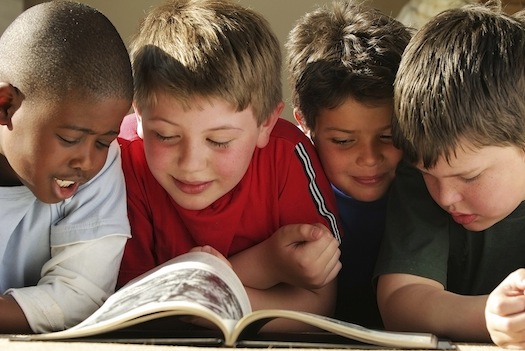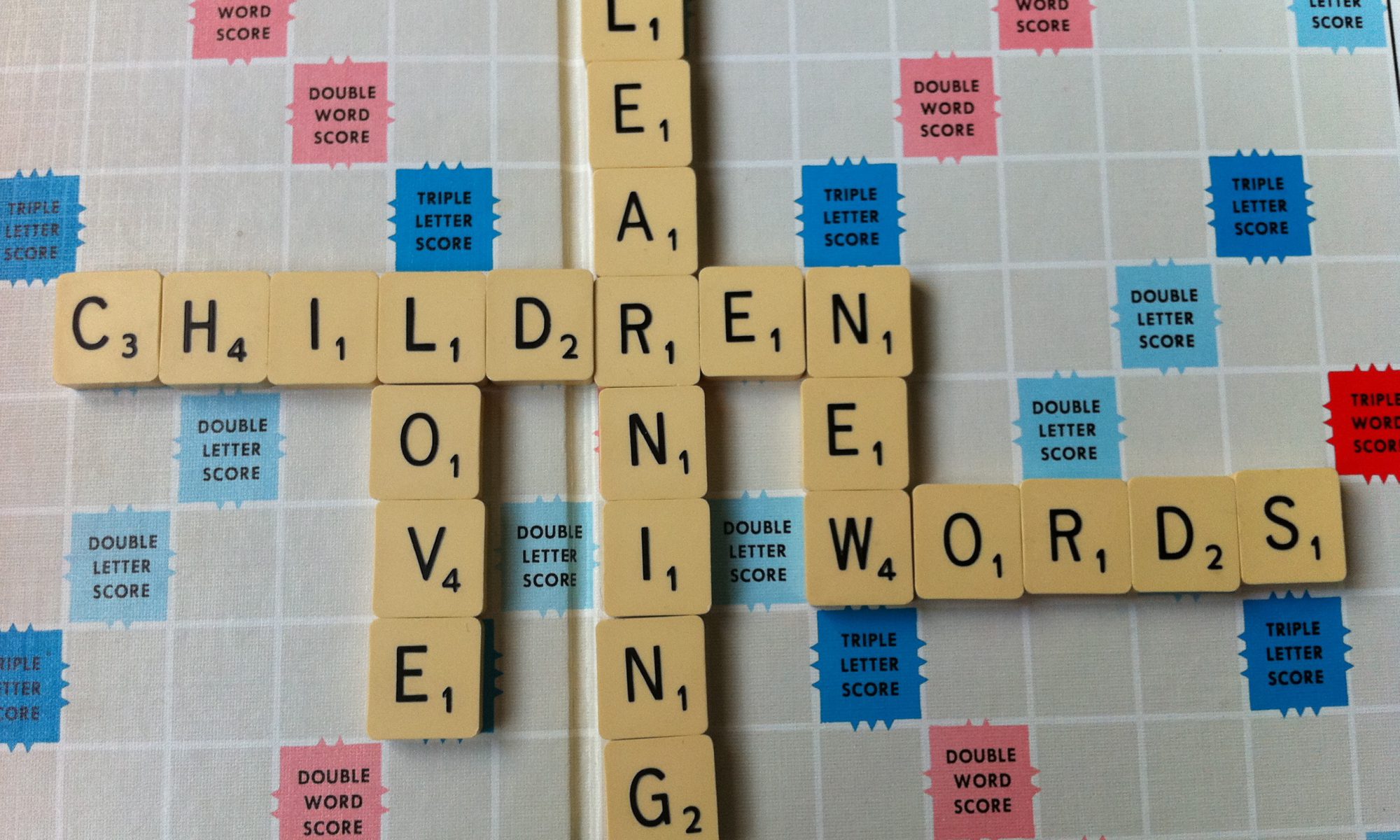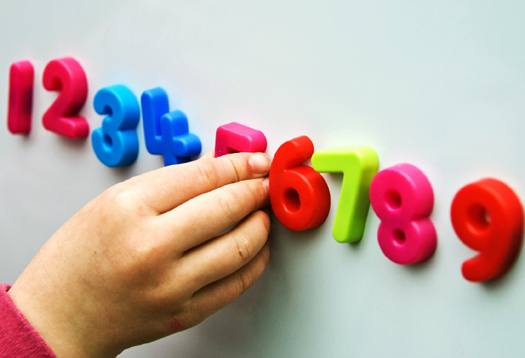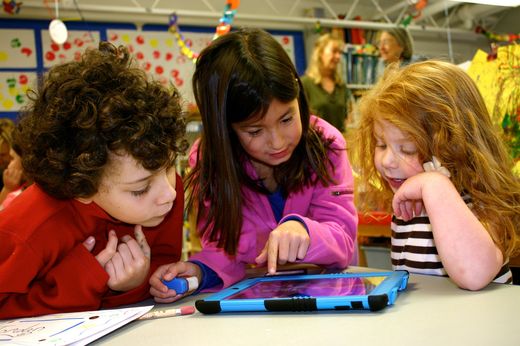“To researchers’ awe, music and movement experiences help children better self-regulate behavior and enjoy a safe, creative outlet for self-expression. Studies point to a specific cluster of social-emotional skills—called self-regulation skills—as particularly important for a variety of school successes.” (Dr. Debby Pool, Vice President at Kindermusik International)
According to a new study from Oregon State University co-authored by child development expert Megan McClelland, children with strong self-regulation skills – skills that “help children pay attention, follow directions, stay on task and persist through difficulty” – transition more successfully into Kindergarten.
At-risk children participated in an intervention program that utilized movement and music-based games to help children develop and learn self-regulation skills. These music games were designed to help children learn to stop, think, and then act, three steps that are part of the self-regulation process.
“Most children do just fine in the transition to kindergarten, but 20 to 25 percent of them experience difficulties – those difficulties have a lot to do with self-regulation,” McClelland said. “Any intervention you can develop to make that transition easier can be beneficial.”
Here’s a music and movement game from Kindermusik@Home that gives kids fun practice with those all-important self-regulation skills:
 Want to learn more about using music in your school to reach children from underserved populations? Visit www.Kindermusik.com/schools.
Want to learn more about using music in your school to reach children from underserved populations? Visit www.Kindermusik.com/schools.
Contributed by Kindermusik educator Theresa Case, whose award-winning Kindermusik program at Piano Central Studios is located in beautiful upstate South Carolina.

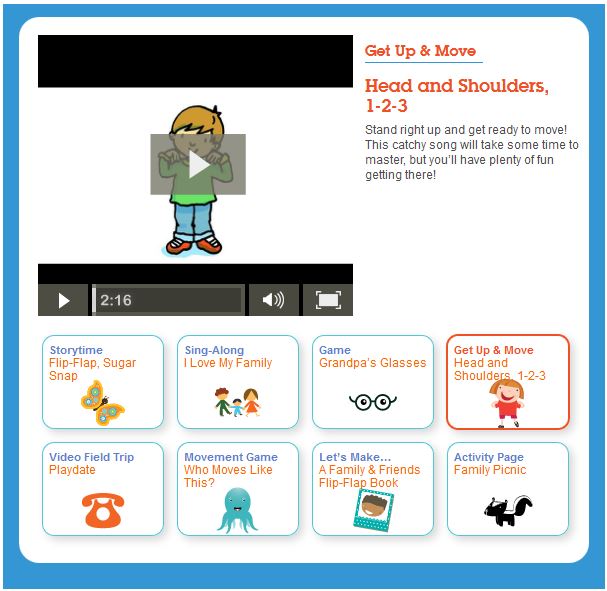


![KindermusikPresents_ABCMusicAndMe_AGlobalEarlyChildhoodCurriculum[1]](https://media2.kindermusik.com/website/sites/2/2014/05/KindermusikPresents_ABCMusicAndMe_AGlobalEarlyChildhoodCurriculum1-300x167.png)
